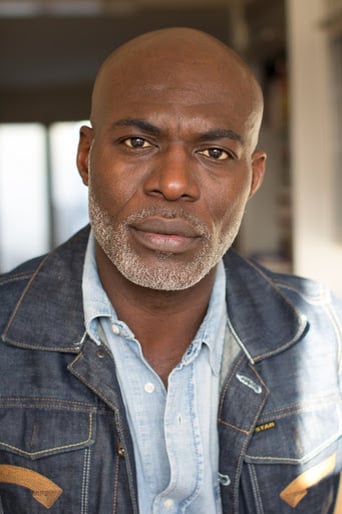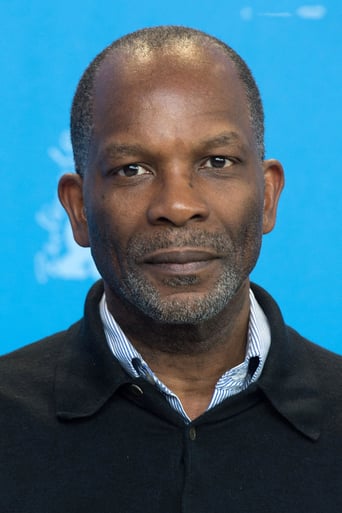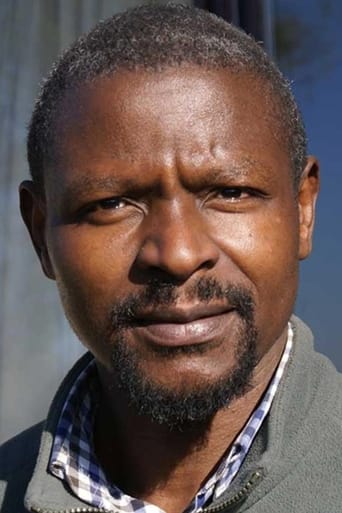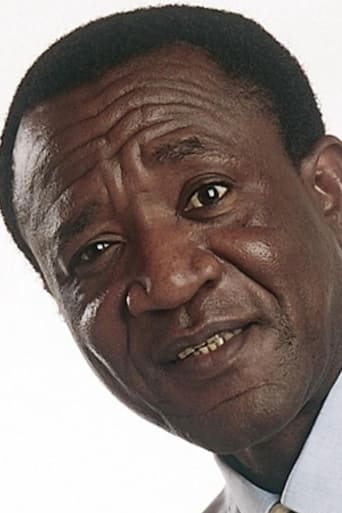Exoticalot
People are voting emotionally.
Protraph
Lack of good storyline.
AnhartLinkin
This story has more twists and turns than a second-rate soap opera.
Derry Herrera
Not sure how, but this is easily one of the best movies all summer. Multiple levels of funny, never takes itself seriously, super colorful, and creative.
rbbdagge
This is an interesting and well made film but does not really catch the complexities of its subject. Lumumba was a great speaker and a firebrand, but he had a contrary and illogical personality that somehow managed to alienate the man from EVERY major player in this complex tale - all the important Congolese politicians, the UN, the Americans and of course the Belgians. All these parties ended up exasperated with the man and finally intensely disliking him, often for wrong reasons (contrary to what the Americans thought, he was not a communist....). So, in this respect, the film eulogizes its subject by presenting his good, but not bad, traits (he hardly endeared himself further to the Americans by requesting the authorities to furnish him with prostitutes while on an official visit to the US.....). Apart from that, the film is reasonably evenly-handed and allocates blame for his death where it should lie. I thought the portrait of Mobutu was effective..
gvdeplas
I liked this film but to like it, you must know more about the history of Congo. You must also know some more about Belgians and their disrespect (and that is a metaphore!) of the Congolese state. Lumumba and the Congolese people didn't deserve this as he was right. We Belgians did exploit them for decades. But just because Lumumba reacted not so friendly to Bwana Kitoko (the king was called this way by the Congolese in a previous visit, he was hailed as a great leader) they had to further destabilize Congo and assassinate Lumumba. So he called for the help of the USSR, that was his only option as everybody else was against him. For the Congolese people the US didn't do anything like they did for us with the Marshall Plan. They did support Mobutu's cruel dictatorial rule with lots of money. What good did that do for the average Congolese?And the trouble didn't stop with the flight of Mubutu. In modern sociological terms, Congo is considered a failed state. And that has it's reasons (and we Belgians are responsible for a large part of those). I hope that Lumuba's dream will still come true and that the Congolese peace process will last so peace and a way of living that is accepted by all Congolese may finally come for them. Back to the film: You can't expect to understand the complex situation the new independent Congo was put in just by watching this film. That's like thinking the film Enemy at the Gates will explain me everything about the battle of Stalingrad. The film is restricted in many ways and the viewer must understand that. first: It's a film, not a documentary. Some of the scenes are interpretations but they are needed for the plot. second: The main character is Lumumba. Not everything about the troubles in Katanga or elsewhere is told, neither is everything about Mobutu told. It would have been an endless film that way. third: The film is an African film, let them create their own ways of telling this story. White people shouldn't tell them how to tell a story. But I'm glad that some funded this film that tell some people more about an unclear history. It might encourage them to find out more about Lumumba or various other things after the credits roll away and that is a good thing.
AnonII
I just saw this movie last night, 2/21/02, on HBO TV in New York and noticed a fascinating and rare bit of censorship within it. In one late scene in the movie when Congo politicians and 1-2 Americans meet around table and vote whether Lumumba is to be captured/killed, the apparent American, perhaps a CIA officer, is addressed by Gen. Mobutu and asked how he wants to vote. But the American's name uttered by Mobutu is bleeped out in the televised version I saw and heard. Then in the film's final credits, this same character's name is masked over and appears only as "Mr......" played by actor Dennis Thatcher. So what IS the name of the mysterious man, no doubt too accurately identified, in this movie, airing on American TV some 2 years after it was made.
Tracy Allard
It is always great to see a movie that teaches us about history in Africa as they are definitely too few. However, the movie depicts Lumumba as a political leader who wanted the new independent country to be the same as the old colonialist one..., I felt it hard to sympathise with this kind of leadership, yet the movie is somewhat like a homage to the man. There was too little content, explaining how the man got to rise in the first place, and the whole context of Belgium "letting them go". So it is certainly worth going to see as the acting and photography are excellent, especially Mobutu himself. I would just have liked a better political analysis.





